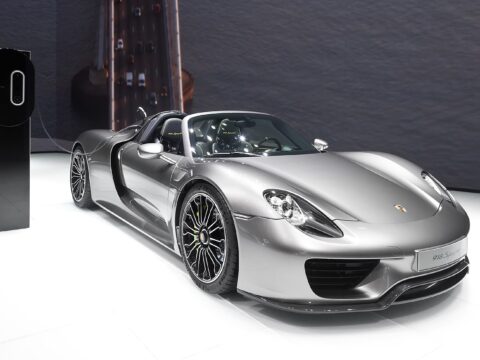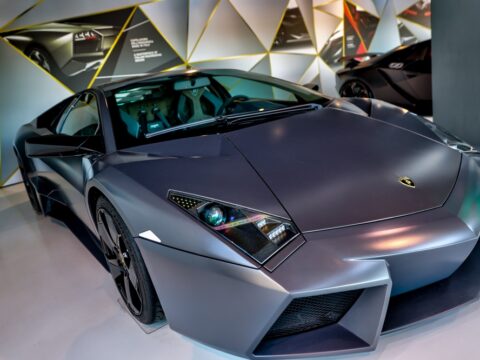In the evolving landscape of automotive propulsion, the electrification of vehicles has sparked heated debates between fully electric and hybrid enthusiasts. While the allure of fully electric vehicles (EVs) is undeniably captivating, there’s a compelling case to be made for the superiority of hybrids in today’s world.
Contents
Infrastructure Compatibility
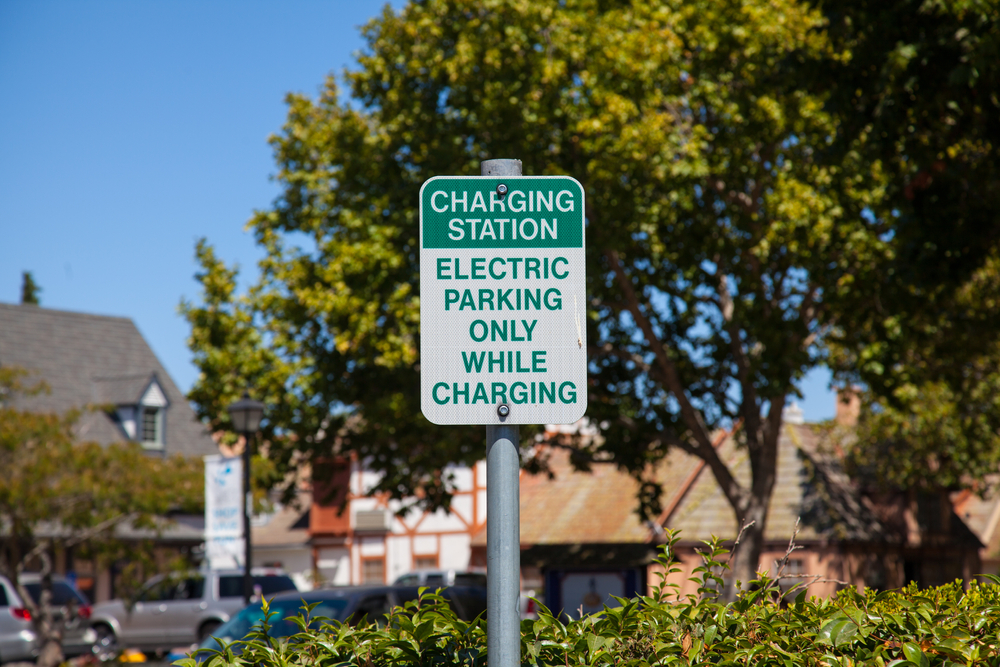
Many places around the world still lack the necessary infrastructure for electric vehicles. Charging stations aren’t as ubiquitous as gas stations, making hybrids a more convenient choice. Hybrid vehicles can use the existing fuel infrastructure while benefiting from electric propulsion.
Range Anxiety
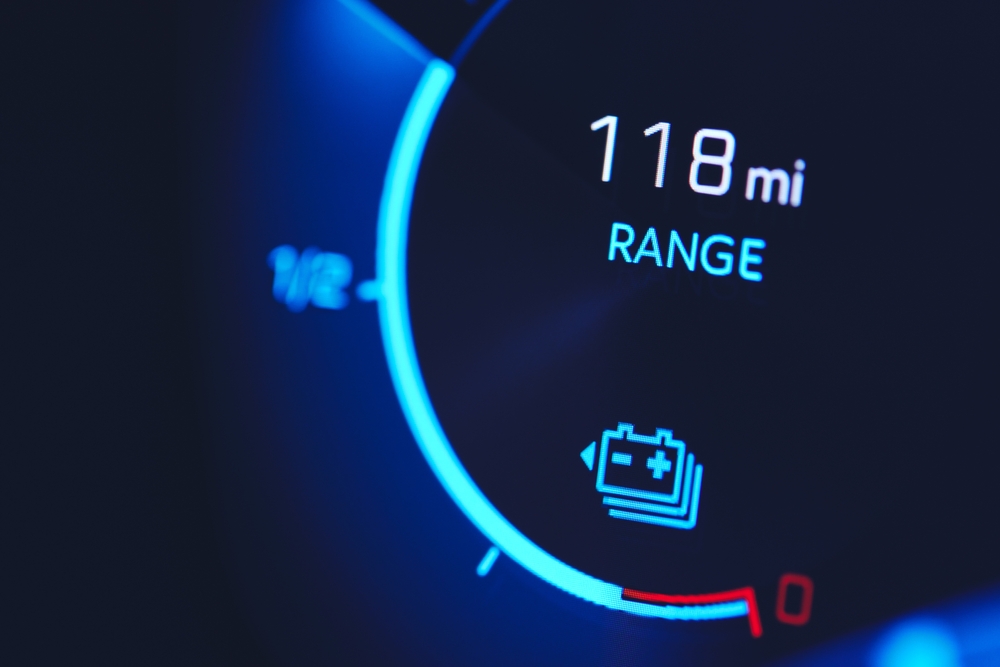
One of the significant barriers to EV adoption is range anxiety—the fear that the vehicle will run out of battery before reaching a charging point. Hybrids eliminate this concern as the gasoline engine can kick in when the battery depletes, ensuring continuous mobility without the stress of finding a charging station urgently.
Initial Cost

While EV prices are gradually becoming more competitive, hybrids often have a lower initial purchase price than their full-electric counterparts. For budget-conscious consumers, hybrids can represent a more affordable entrance into the world of eco-friendly vehicles.
Resale Value Stability

The rapid evolution of EV technology sometimes means that older models become obsolete more quickly, potentially affecting their resale value. Hybrids, having been in the market longer and being less reliant solely on electric tech, tend to have a more stable resale value.
Charging Time
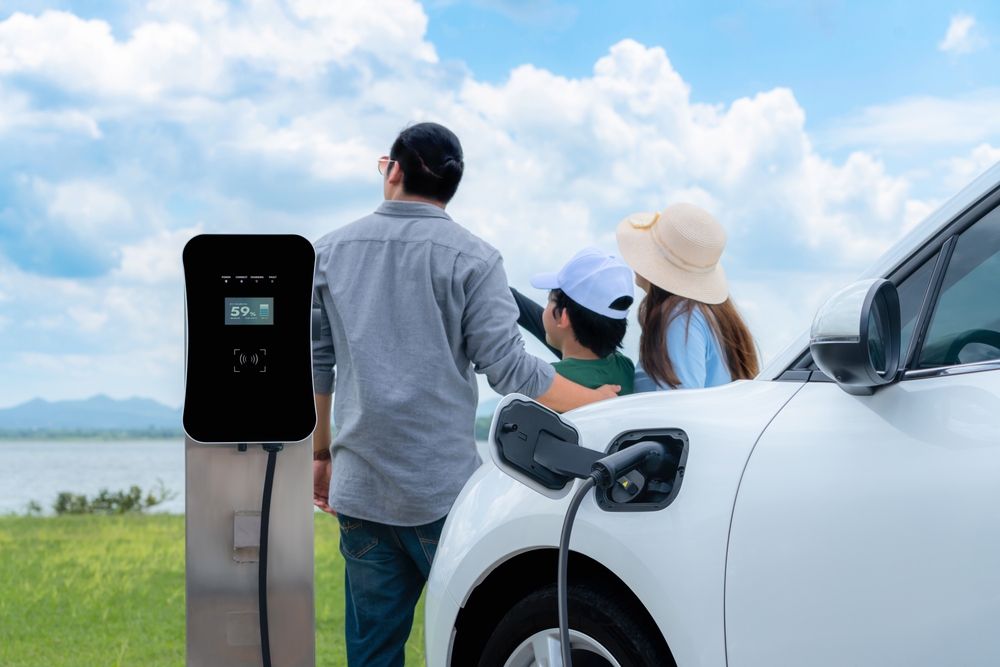
Even with fast chargers, an EV can take significantly longer to “refuel” compared to the few minutes it takes to fill up a hybrid’s gasoline tank. For those often on the move and needing quick turnarounds, hybrids can be more convenient.
Flexibility in Fueling Options
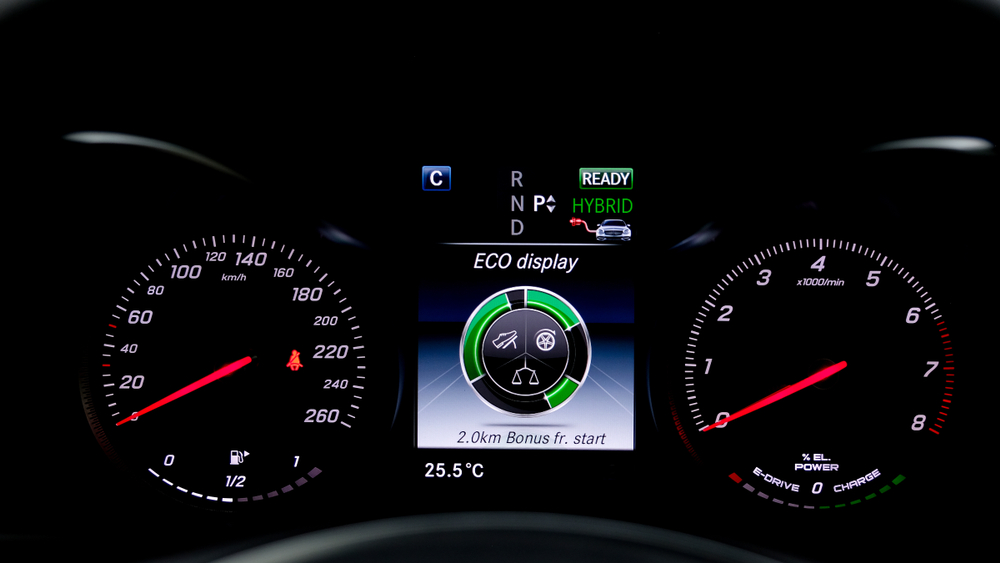
If a hybrid owner is in an area without accessible electric charging, they can rely on gasoline. This dual-fuel flexibility ensures hybrids can be refueled under various circumstances, offering convenience and peace of mind.
Long-Distance Travel
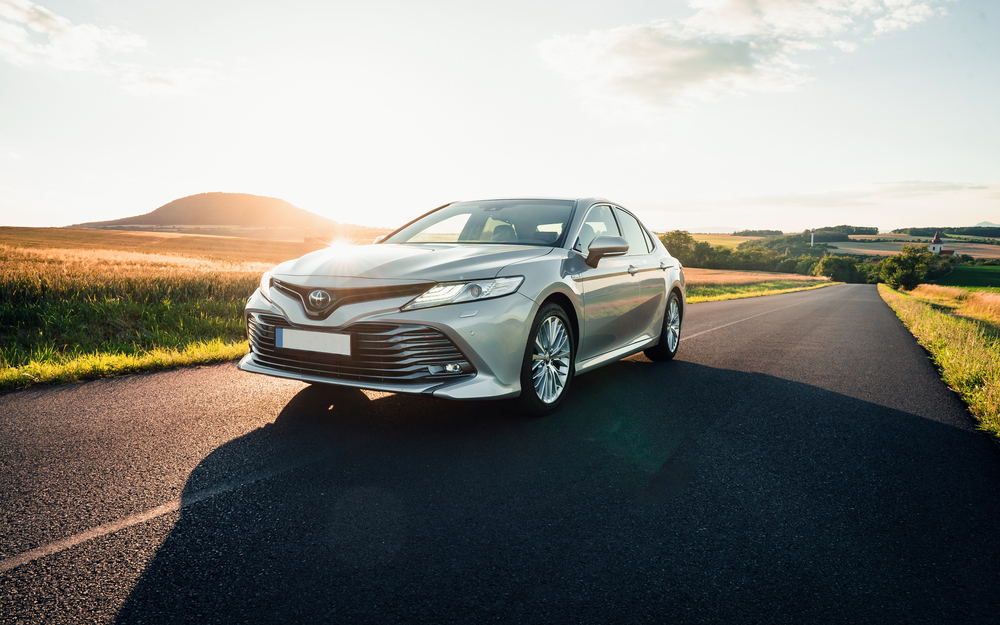
For those who frequently travel long distances, hybrids can be more efficient. While EVs may need several extended charging breaks on a long trip, hybrids can continuously alternate between fuel types to optimize efficiency without prolonged stops.
Battery Longevity Concerns
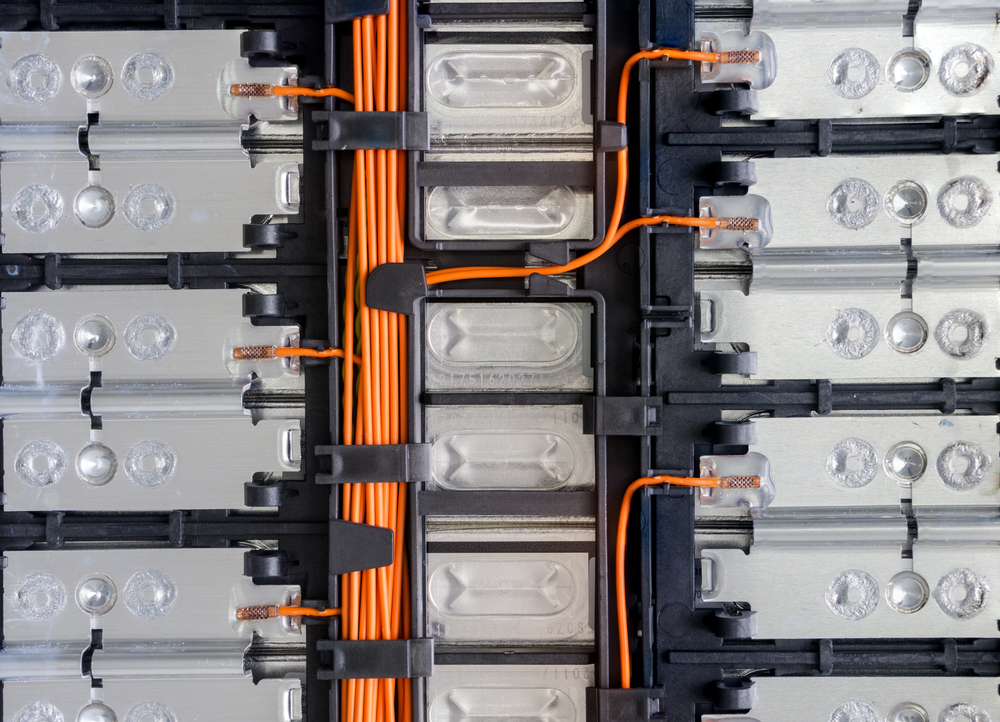
Batteries degrade over time. Some potential buyers worry about an EV’s battery capacity dropping over the years and the potentially high costs of replacement. While hybrids also have batteries, they are often smaller and less expensive, and the vehicle isn’t solely dependent on them for propulsion.
Familiarity
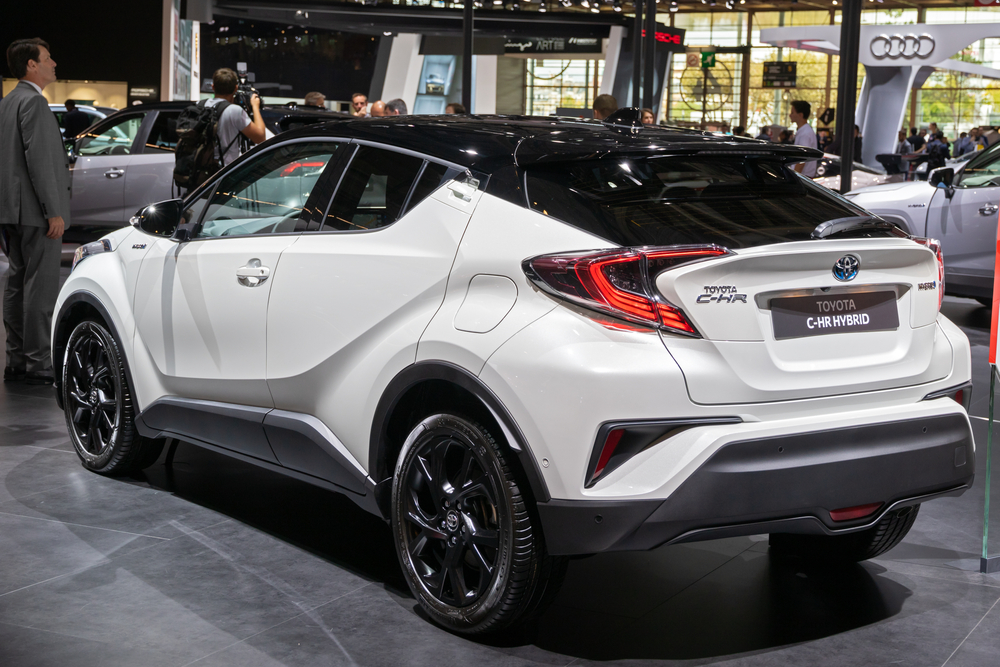
For many, hybrids represent a more familiar transition from traditional internal combustion engine vehicles. They maintain many of the same functionalities people are used to, such as the sound of an engine, making the shift to eco-friendly driving less intimidating.
Variety and Availability
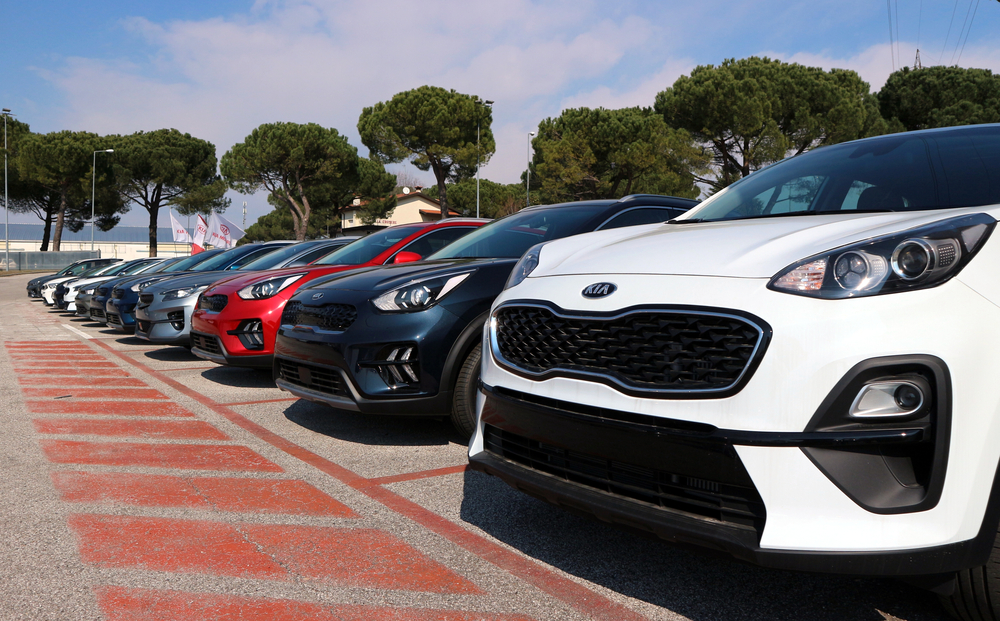
Since hybrids have been commercially available and popular for a longer time than many EVs, there’s a broader variety of hybrid models available. Consumers might find a hybrid that fits their specific needs more readily than searching for a suitable EV.
This article originally appeared on MyCarMakesNoise.
More from MyCarMakesNoise
Celebrating Iconic Motorcycle Designs from the USA

Journey through the heart of American craftsmanship and innovation as we unveil the most remarkable and influential motorcycles to ever hit the highways and byways of the United States. Read More
The Top 10 Motorcycle Brands Around the Globe

The motorcycle industry boasts a rich and diverse heritage, embodying the spirit of freedom, adventure, and innovation. The names Harley-Davidson and Honda echo legendary behemoths in this realm, each representing a unique blend of history, culture, and engineering excellence. Read More
15 Sports Cars That No One Wants Anymore

The allure of many sports cars has diminished over time, with changing market trends and advancements in automotive technology leaving some models behind. Read More

